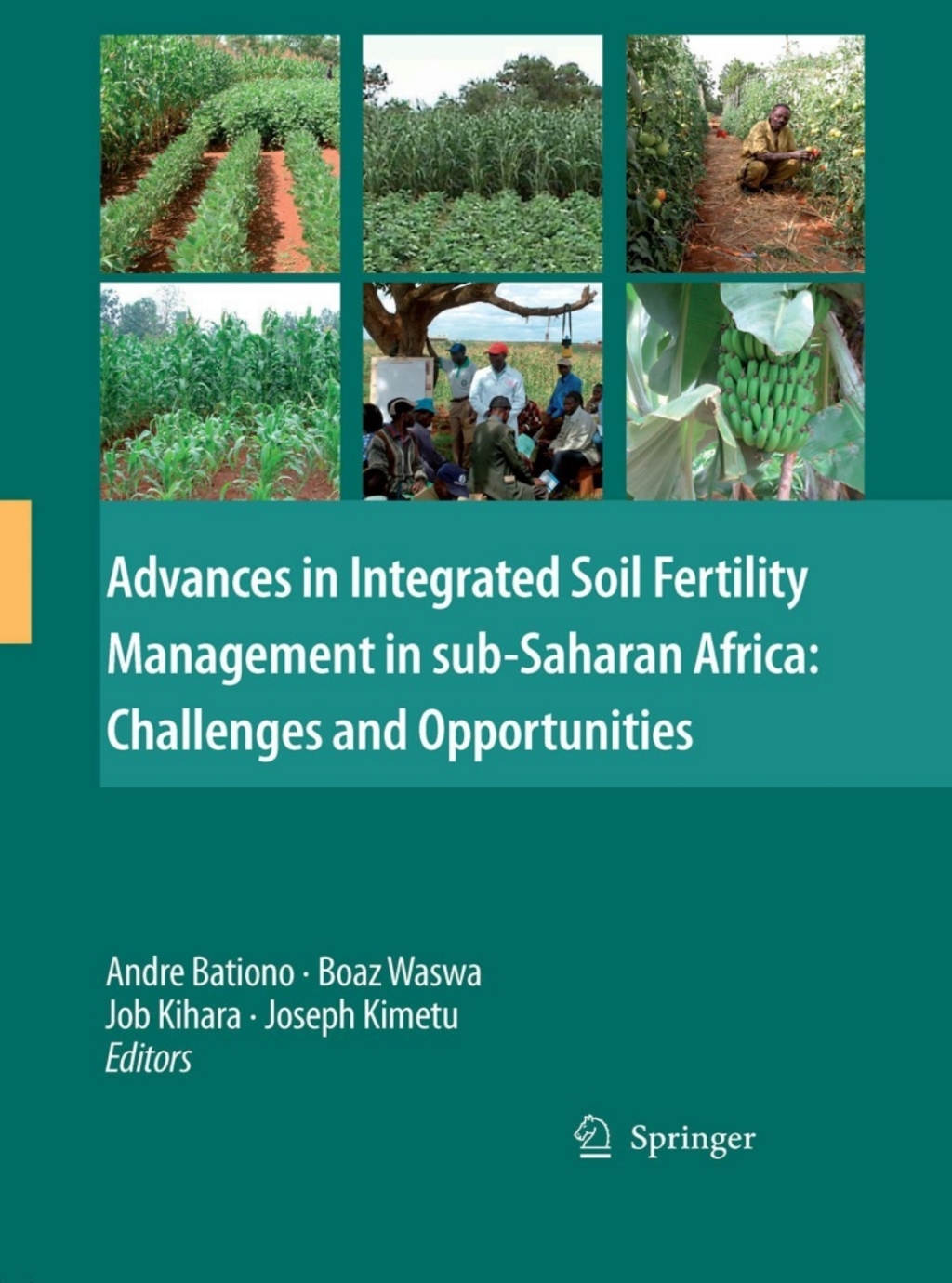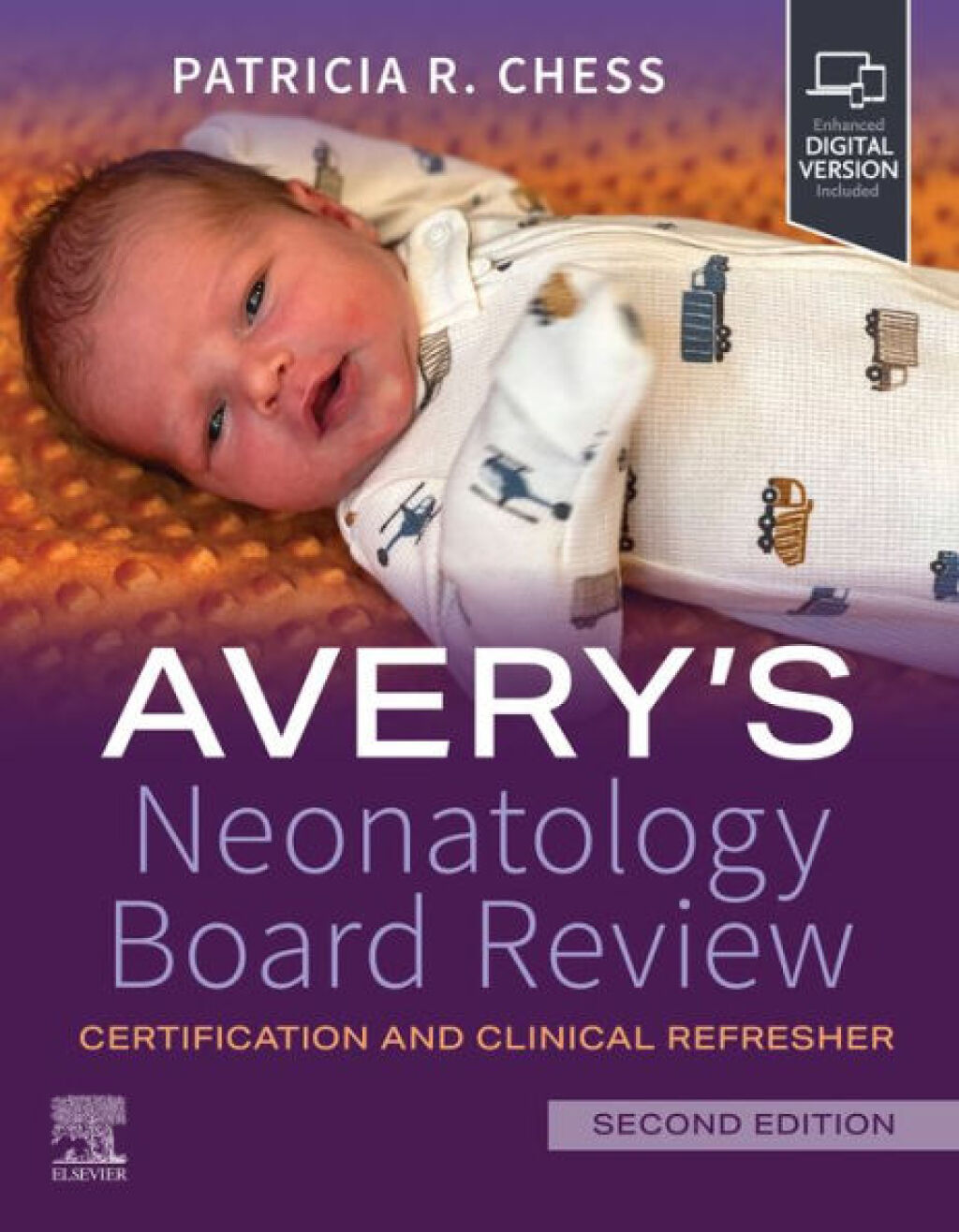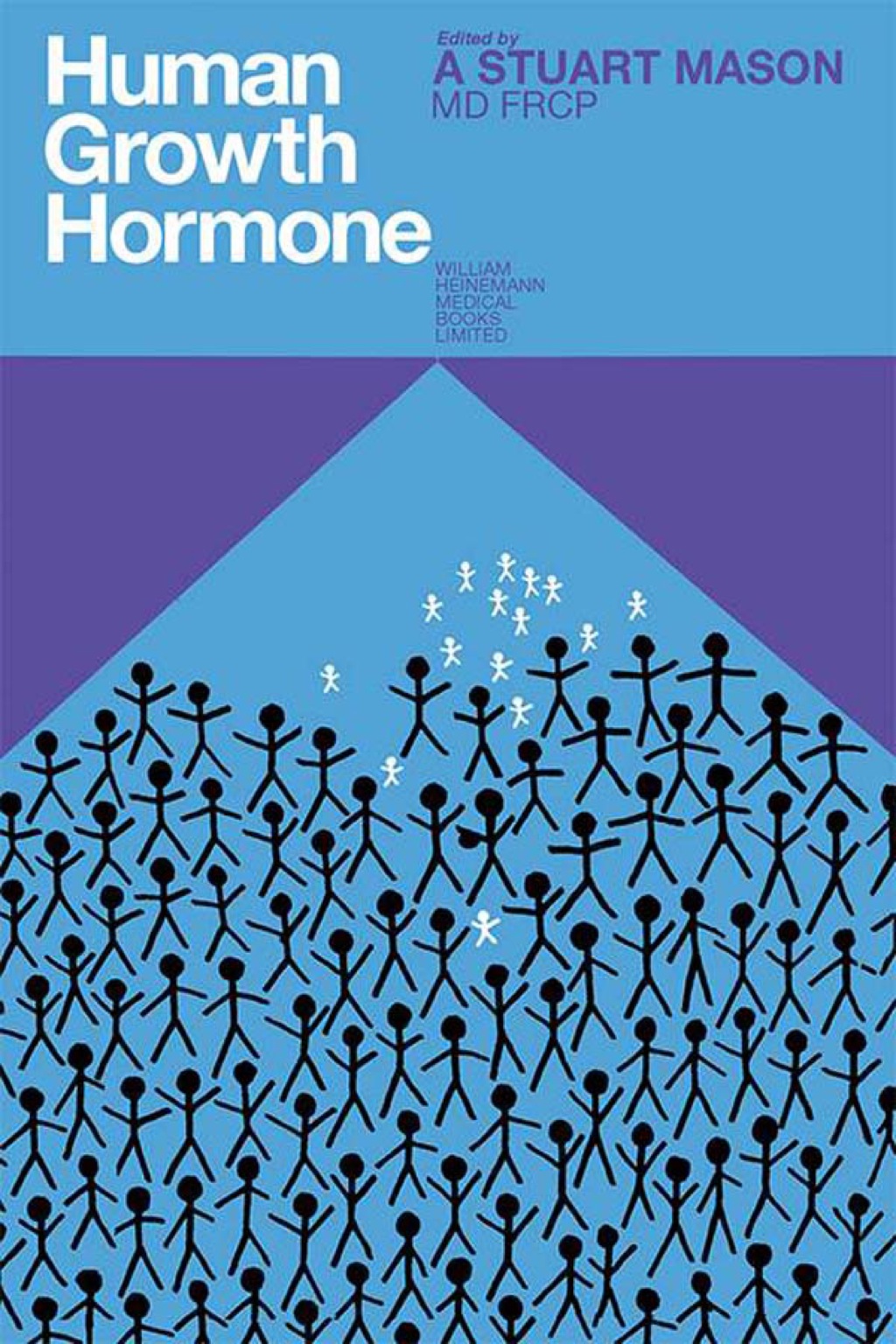Food insecurity is a central concern and a fundamental challenge for human welfare and economic growth in Africa. Low agricultural production, results in low incomes, poor nutrition, vulnerability to risks and lack of empowerment. Land degradation and soil fertility depletion are considered the major threats to food security and natural resource conservation in sub-Saharan Africa (SSA). Investments in technology, policy and institutional reforms are needed to increase agricultural productivity to ensure food security and sustained national economies. Past research has generated numerous soil fertility management technologies which if adopted could propel the African continent out of the poverty trap. However, these technologies have had little, if any, impact due to low adoption by the smallholder farmers. Africa needs to break the cycle between poverty and land degradation by employing strategies that empower farmers economically and promoting sustainable agricultural intensification using efficient, effective and affordable agricultural technologies. In addition, farmers and local entrepreneurs need to be linked to markets to increase their capacities to invest in sustainable land management. All these requirements need to be achieved through an integrated soil fertility management (ISFM) approach that is holistic and dynamic in order to foster both technical and institutional change.
Advances in Integrated Soil Fertility Management in sub-Saharan Africa: Challenges and Opportunities 1st Edition
Author(s): Andre Bationo; Boaz Waswa; Job Kihara
Publisher: Springer
ISBN: 9781402057595
Edition: 1st Edition
$39,99
Delivery: This can be downloaded Immediately after purchasing.
Version: Only PDF Version.
Compatible Devices: Can be read on any device (Kindle, NOOK, Android/IOS devices, Windows, MAC)
Quality: High Quality. No missing contents. Printable
Recommended Software: Check here










